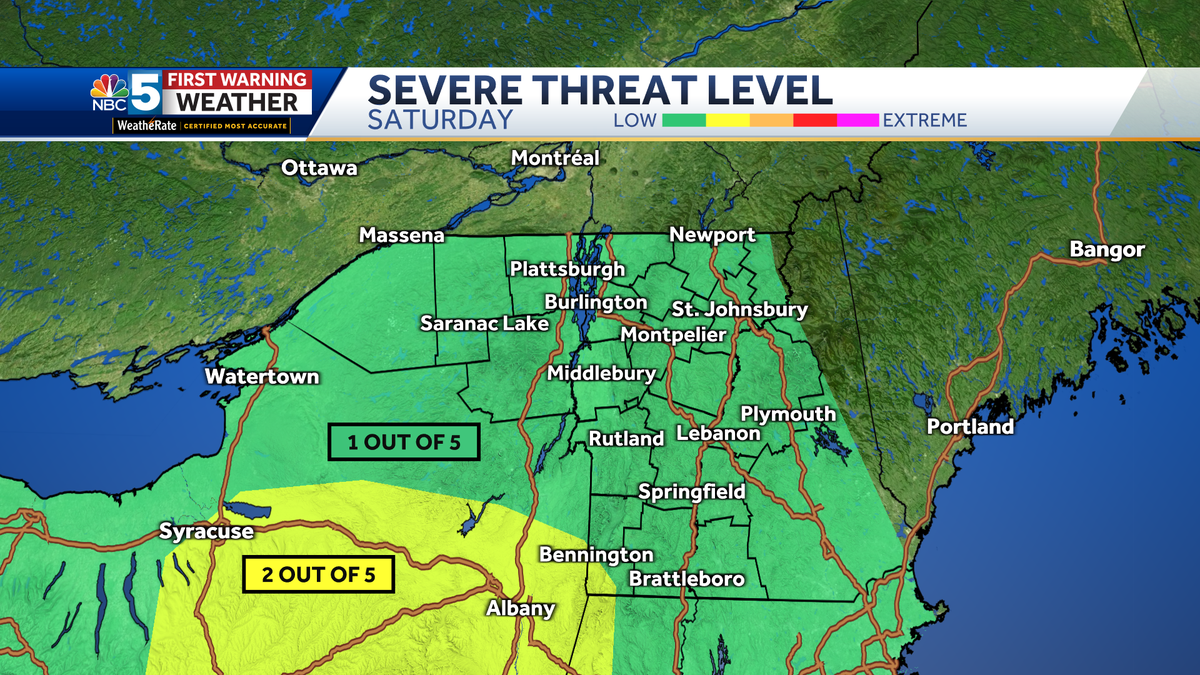How Climate Change Affects Pregnancy Outcomes And Maternal Health

Welcome to your ultimate source for breaking news, trending updates, and in-depth stories from around the world. Whether it's politics, technology, entertainment, sports, or lifestyle, we bring you real-time updates that keep you informed and ahead of the curve.
Our team works tirelessly to ensure you never miss a moment. From the latest developments in global events to the most talked-about topics on social media, our news platform is designed to deliver accurate and timely information, all in one place.
Stay in the know and join thousands of readers who trust us for reliable, up-to-date content. Explore our expertly curated articles and dive deeper into the stories that matter to you. Visit Best Website now and be part of the conversation. Don't miss out on the headlines that shape our world!
Table of Contents
How Climate Change Affects Pregnancy Outcomes and Maternal Health
Climate change is no longer a distant threat; its impacts are being felt globally, and nowhere is this more acutely felt than in the delicate balance of pregnancy and maternal health. Rising temperatures, extreme weather events, and air pollution, all exacerbated by climate change, are significantly impacting pregnancy outcomes and the overall well-being of mothers. This isn't just about future predictions; these are present-day realities demanding immediate attention.
Rising Temperatures and Pregnancy Complications
One of the most direct impacts of climate change on pregnancy is the increasing frequency and intensity of heatwaves. High temperatures can lead to a range of complications, including:
- Dehydration: Pregnant women are more susceptible to dehydration, which can negatively impact fetal development and increase the risk of preterm labor.
- Preeclampsia: Studies suggest a correlation between heat exposure during pregnancy and an increased risk of preeclampsia, a dangerous condition characterized by high blood pressure and potential organ damage.
- Low Birth Weight: Exposure to extreme heat during pregnancy has been linked to lower birth weights, increasing the newborn's vulnerability to health problems.
- Increased Risk of Miscarriage: While research is ongoing, some studies indicate a potential link between heat stress and an increased risk of miscarriage.
Staying Hydrated and Seeking Shade: Pregnant women, particularly in regions experiencing heatwaves, should prioritize staying hydrated, seeking shade during peak sun hours, and consulting their healthcare providers for guidance on managing heat-related risks.
Extreme Weather Events and Maternal Health
Hurricanes, floods, and wildfires, all intensified by climate change, pose significant risks to maternal health:
- Displacement and Access to Healthcare: Extreme weather events can displace pregnant women and disrupt access to essential prenatal and postnatal care, leading to poorer health outcomes.
- Increased Stress and Trauma: The trauma and stress associated with these events can have profound effects on both the mother and the developing fetus.
- Infectious Diseases: Flooding and stagnant water can increase the risk of infectious diseases, posing significant threats to pregnant women and newborns.
Preparedness is Key: Governments and communities must invest in disaster preparedness plans that prioritize the needs of pregnant women and new mothers. This includes ensuring access to safe shelters, clean water, and healthcare services during and after extreme weather events.
Air Pollution and Fetal Development
Air pollution, another consequence of climate change, is linked to a variety of adverse pregnancy outcomes:
- Preterm Birth: Exposure to air pollutants, particularly particulate matter, has been associated with an increased risk of preterm birth.
- Low Birth Weight: Similar to heat exposure, air pollution can contribute to low birth weight babies.
- Respiratory Problems: Newborns exposed to high levels of air pollution during gestation may have an increased risk of respiratory problems.
Advocating for Clean Air: Reducing air pollution requires collective action. Individuals can support policies promoting clean energy and reducing emissions, while governments need to implement stricter regulations on industrial emissions and vehicle exhaust.
The Urgent Need for Action
The impact of climate change on pregnancy and maternal health is a critical public health issue. Addressing this challenge requires a multifaceted approach:
- Strengthening Healthcare Systems: Investing in robust healthcare systems capable of providing adequate prenatal and postnatal care, particularly in vulnerable communities, is paramount.
- Implementing Climate Change Mitigation Policies: Reducing greenhouse gas emissions is essential to mitigate the severity of climate change and its impacts on maternal health.
- Raising Public Awareness: Educating the public about the links between climate change and maternal health is crucial to fostering collective action.
The future of maternal health is inextricably linked to our response to climate change. Taking proactive steps now is not just an environmental imperative; it's a critical step towards ensuring healthy pregnancies and positive birth outcomes for generations to come. Learn more about supporting organizations dedicated to climate change mitigation and maternal health improvement by visiting [link to relevant organization].

Thank you for visiting our website, your trusted source for the latest updates and in-depth coverage on How Climate Change Affects Pregnancy Outcomes And Maternal Health. We're committed to keeping you informed with timely and accurate information to meet your curiosity and needs.
If you have any questions, suggestions, or feedback, we'd love to hear from you. Your insights are valuable to us and help us improve to serve you better. Feel free to reach out through our contact page.
Don't forget to bookmark our website and check back regularly for the latest headlines and trending topics. See you next time, and thank you for being part of our growing community!
Featured Posts
-
 Lacrosse Tournament 2024 Ncaa Bracket Schedule And Quarterfinal Preview
May 17, 2025
Lacrosse Tournament 2024 Ncaa Bracket Schedule And Quarterfinal Preview
May 17, 2025 -
 New York And Vermont Weather Pop Up Thunderstorms And Heavy Rainfall Expected Thursday
May 17, 2025
New York And Vermont Weather Pop Up Thunderstorms And Heavy Rainfall Expected Thursday
May 17, 2025 -
 Wnba Champs New York Liberty Receive Rings Before Las Vegas Showdown
May 17, 2025
Wnba Champs New York Liberty Receive Rings Before Las Vegas Showdown
May 17, 2025 -
 Terrorism Charges Against Ngos In The Philippines A Deep Dive Into The Controversy
May 17, 2025
Terrorism Charges Against Ngos In The Philippines A Deep Dive Into The Controversy
May 17, 2025 -
 Urgent Alert Flash Flood Warnings For Parts Of New Jersey And Pennsylvania
May 17, 2025
Urgent Alert Flash Flood Warnings For Parts Of New Jersey And Pennsylvania
May 17, 2025
